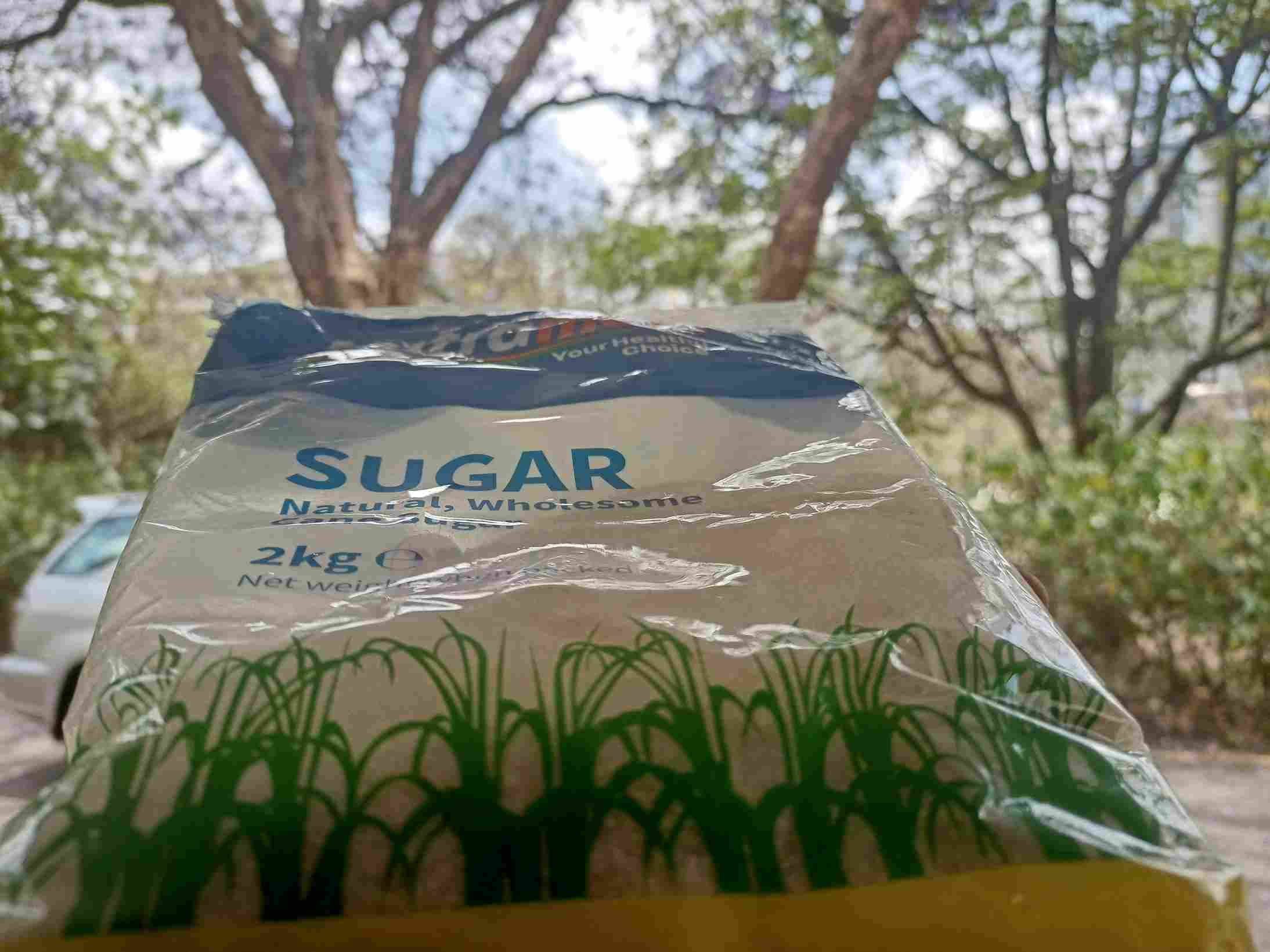Kenya’s Agriculture Cabinet Secretary, Aden Duale, has announced the implementation of a new sugar development levy effective February 1, 2025.
This move aims to bolster the domestic sugar industry by generating revenue for its development and sustainability.
The levy applies to both domestically produced and imported sugar.
The Sugar Development Levy Order, 2025, mandates a four per cent levy on the value of domestically produced sugar and four per cent on the Cost, Insurance, and Freight (CIF) value of imported sugar.
“A levy, as prescribed in Section 40 (1) of the Sugar Act, 2024, is hereby imposed at the rate of four per cent of the value for domestic sugar and four per cent of the CIF value on imported sugar,” reads the relevant legal notice.
Under these regulations, sugar millers are responsible for remitting the levy on domestic sugar directly to the Kenya Sugar Board (KSB) acting as their agents.
For imported sugar, the Kenya Sugar Board or its designated agents will collect the levy.
The levy payments are due by the 10th day of the month following the month in which the levy is incurred.
This levy is intended to support the country’s sugar industry, which has faced challenges such as fluctuating production costs and competition from imported sugar.
The levy will provide consistent funding for the Kenya Sugar Board to implement development initiatives and policies aimed at strengthening local production and reducing reliance on imports.
The Sugar Bill, signed into law by President William Ruto in November 2024, included provisions for this 4% Sugar Development Levy, which will likely be passed on to consumers.
The law aims to revitalize the struggling Kenyan sugar industry, which has negatively impacted the economic prospects of many cane farmers in the Western and Nyanza regions.
The 4% Sugar Development Levy, applied to domestic sugar and the CIF value of imported sugar, will fund various infrastructural and labour support programs within the sector.
The levy, combined with the increased excise duty (from 5% to 7.5% as per the Tax Laws Amendment Act), will likely lead to higher retail prices, potentially impacting consumer demand.
“The Board invites the general public to submit comments on the proposed Sugar Development Levy Order, 2025, as outlined in the draft gazette notice,” the Kenya Sugar Board announced, with a submission deadline of Tuesday, January 21, 2025.
The new levy is scheduled to take effect on February 1, 2025.
Millers and sugar importers are required to remit the levy to the KSB no later than the tenth day of the following month.
The collected funds will be allocated as follows:
- 15%: Factory development and rehabilitation.
- 15%: Infrastructural development and maintenance in producing regions (allocated based on production capacity).
- 10%: Administration of the Kenya Sugar Board.
- 5%: Sugarcane farmers’ organizations.
- 15%: Kenya Sugar Research and Training Institute.
- 40%: Sugarcane farmers.
Over the past year, retail sugar prices have decreased and stabilized, benefiting other producers and consumers.
In December 2024, the average price of a kilogram of sugar was approximately KSh 160, down from KSh 214 in December 2023.
In addition to potentially burdening consumers, the anticipated price increase could reduce sugar demand.
This could negatively impact the government’s efforts to revitalize the industry by reducing projected levy collections and potentially increasing sugar smuggling to avoid taxes.
The Ministry of Agriculture estimates that the sugar industry supports the livelihoods of at least 17% of the Kenyan population.
At full capacity, the industry can produce over 1.3 million metric tonnes of sugar, which would meet domestic demand.
Currently, the industry operates at approximately 70% of its installed processing capacity.




